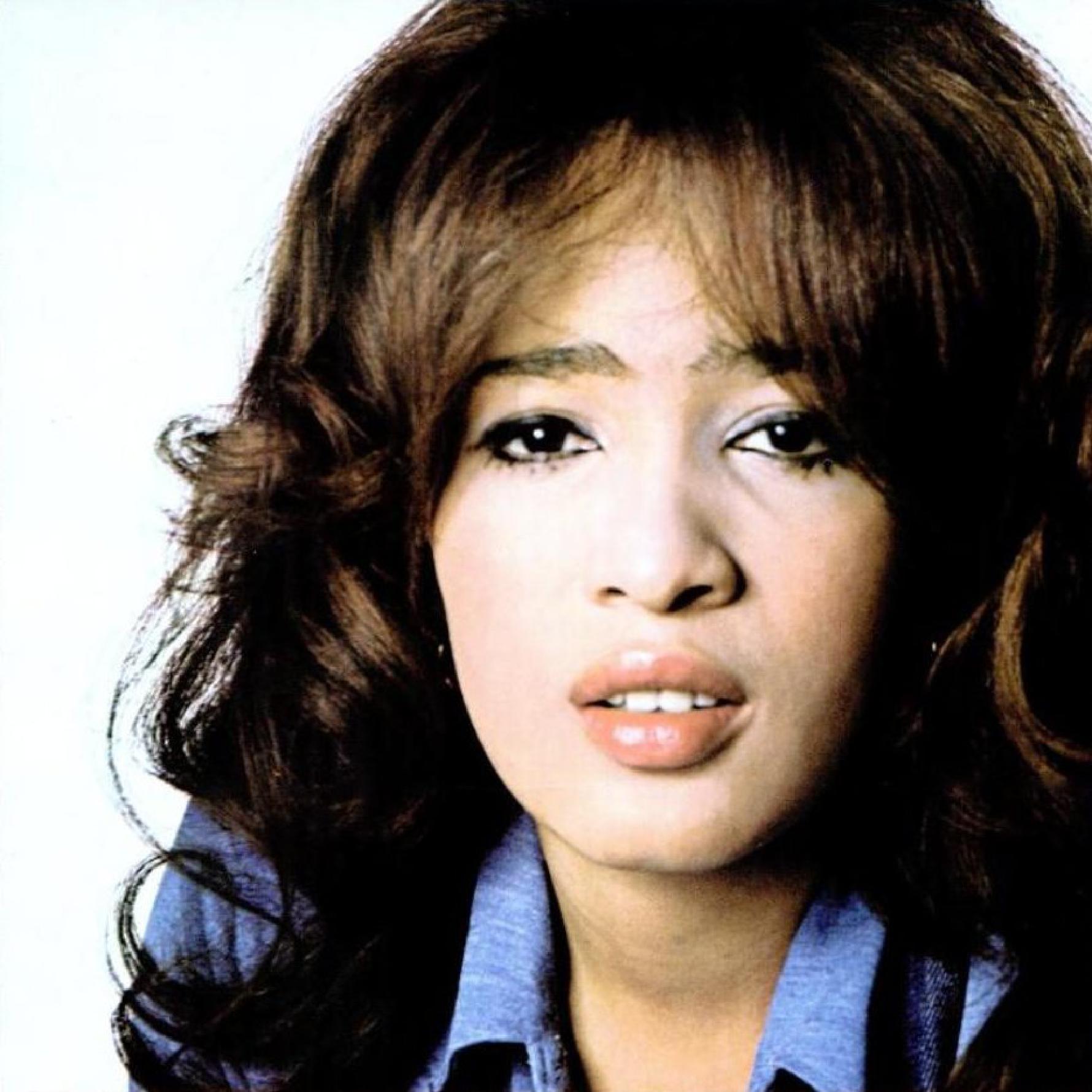Last Wednesday, Ronnie Spector, frontwoman of The Ronettes, died of cancer at the age of 78. She leaves behind an influence on the music industry still vastly felt today.
Born “Veronica Bennett” in 1943, the singer first rose to stardom as a teenager in the early 1960s as part of the “girl group boom” trio notably voted the third-best singing group in all of England, behind The Beatles and The Rolling Stones, in 1965. Their biggest hit, 1963’s “Be My Baby,” was ranked Number 22 on both the 2004 and 2021 gestations of Rolling Stone Magazine’s “Top 500 Greatest Songs of All Time;” and with good reason.
“Be My Baby” not only helped cast their reach over the radio waves and spun upon record players across the globe; it also sent reverberations spanning several generations of music, starting with a key contemporary.
The Beach Boys founder Brian Wilson famously pulled over in his car to avoid collision upon first hearing the track on the radio. His obsession with the record extensively-documented, a smitten Wilson fancied himself incapable of deciphering the madness behind the method of super-producer Phil Spector’s groundbreaking “Wall of Sound.” Compelled to collaborate with Ronnie in some capacity as well, Wilson responded by writing “Don’t Worry, Baby” – an eventual Beach Boys hit – explicitly for The Ronettes and Phil Spector to record. However, Phil declined, incidentally inspiring Wilson to help his group leap past their commercially safe, “surfin’” early sound to instead experiment their way into contention as the American counterpart to The Beatles.
Ronnie’s marriage to Phil Spector – who succumbed to Covid-19 last year in prison, having been jailed since his conviction for the 2003 murder of actress Lana Clarkson – was rife with psychological abuse and physical threats. As Ronnie detailed in her 1990 memoir, “Be My Baby: How I Survived Mascara, Miniskirts, and Madness, Or, My Life as a Fabulous Ronette…,” Phil forbade Ronnie to record music and entrapped her on their premises via barbed wire fencing and guard dogs until her barefoot escape in 1972. In the book, she even admitted to developing alcoholism for the express purpose of gaining permission to leave the house and attend Alcoholics Anonymous meetings.
By the late 1970s, she was burnt out musically, and in general; it took a fresh-in-the-game Billy Joel paying structural and lyrical homage to “Be My Baby” and Spector with his 1976 song “Say Goodbye to Hollywood” to procure the first of Ronnie’s two major returns. The next year, Spector released her own version of the song, accompanied by the E Street Band. This created the unique existence of a song originally written as a tribute to, and about someone – then promptly sung by said subject, but from an objective perspective.
Another decade later, Eddie Money, then-on the decline himself due to drug and alcohol dependency, tabbed Spector to reprise her “Be My Baby” stylings on the chorus for “Take Me Home Tonight” – his 1986 pop-rock crowd-pleaser that wound up resurging both of their careers.
“I’m not really in the business anymore, Eddie. Phil Spector and all that, it was a nightmare..” she told Money when he first pitched their unlikely collaboration over the telephone. But he persisted, and the rest is history. Spector would release her comeback album “Unfinished Business” the following year, resuming her recording and touring career indefinitely. She would then ride this same momentum toward spending what amounted to a decade of legal battles before ultimately earning $1 million in royalties from Phil in 1998.
Though a lengthier ordeal than desired, the court system ultimately rewarded Ronnie the record earnings she was sabotaged into forfeiting during their 1974 divorce, later alleging Phil demanded so or else he would hire a hitman to kill her. From that day forward, Phil could no longer torment Ronnie into believing these earnings could not belong to her in the end. But most importantly: Ronnie was guaranteed the right to perform “Be My Baby” and the rest of her iconic catalog without fear of litigation, or worse.
In 2020, Deadline reported Spector’s “Be My Baby..” memoir would be adapted into a biopic film for A24 starring Zendaya.
Several celebrities and former peers expressed their sadness at the loss of Spector on social media.
“It was an honor to Producer her and encourage her to get back on stage,” Steven Van Zandt of E Street Band and The Sopranos fame tweeted. “Her record with the E Street Band helped sustain us at a very precarious time…Condolences to her husband and family.”
Spector is survived by husband Jonathan Green, whom she married in 1982, and her five children.







